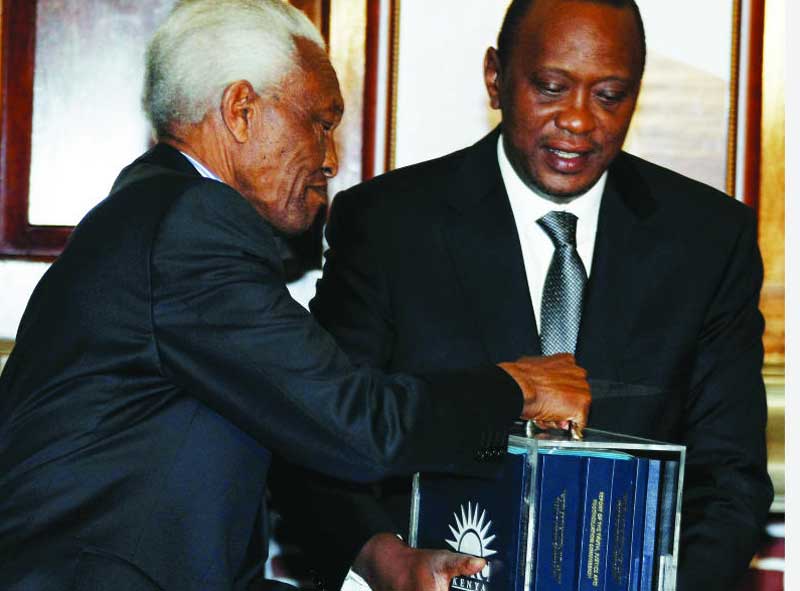×
The Standard e-Paper
Home To Bold Columnists

Communities disadvantaged by historical injustices are worried that the Raila-Uhuru handshake will curtail the implementation of the Truth, Justice and Reconciliation Commission (TJRC) report.
Elected leaders and professionals in Narok County have raised concerns that NASA leader Raila Odinga will not pursue the report with the same zeal as he did before the handshake.